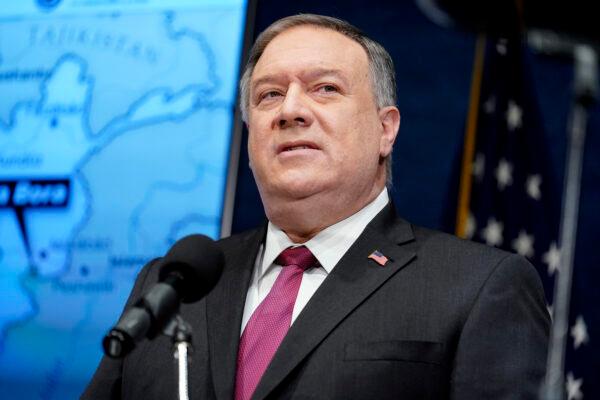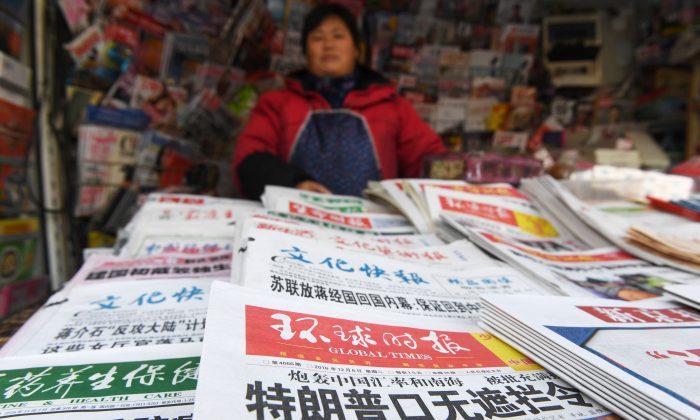Xinhua News Agency, the mouthpiece of the Chinese Communist Party, is no longer a member of the Canadian Parliamentary Press Gallery, the president of the Gallery has confirmed.
“The member from Xinhua News Agency did not submit a membership review form for 2020 as required annually,” Catherine Lévesque said in a statement. “Therefore, neither the member, nor the assigning organization is a current member of the Canadian Parliamentary Press Gallery.”
Lévesque said the agency “will have to submit a new application if it wants to request to be a part of the Canadian Parliamentary Press Gallery.”
Xinhua had been a member of the Gallery for 57 years, according to Blacklock’s Reporter.
Founded in 1931, Xinhua started off as the Red China News Agency. It changed to its current name in 1937 and became the state news agency in 1949 after the Chinese Communist Party (CCP) took control of China. Xinhua has since expanded its media influence internationally, establishing some 100 bureaus overseas and distributing content in multiple languages across numerous media platforms.
According to human rights group Freedom House, the objective of Xinhua and other state-owned outlets in the CCP’s global media influence campaigns is to promote a positive view of the regime, while at the same time to “marginalize, demonize, or entirely suppress anti-CCP voices, incisive political commentary, and exposés that present the Chinese government and its leaders in a negative light.”
This is reflected in Xinhua’s reporting over the years, such as denying allegations of state-sanctioned forced organ harvesting of Falun Gong prisoners of conscience in China, and accusing critics of concocting and disseminating “false information about China’s Xinjiang Uygur Autonomous Region” despite numerous reports by international bodies exposing the atrocities committed by the CCP against these faith groups.
In January, when the European Union called for the immediate release of 53 pro-democracy figures arrested by the Hong Kong authorities, Xinhua published a statement by the Chinese Mission to the EU condemning the bloc for “misleading the public” and asserted that “these are China’s internal affairs in which the EU side has no right to interfere.”

Secretary of State Mike Pompeo speaks at the National Press Club in Washington on Jan. 12, 2021. AP Photo/Andrew Harnik, Pool
On Feb. 24, 2020, the U.S. Department of State, under the Trump administration, designated Xinhua, along with four other Chinese state-owned media outlets as “foreign missions.”
The designation means the outlets will be treated as foreign embassies or other diplomatic missions, and thus be required to register their employees and U.S. properties with the state department.
The reason, according to former secretary of state Mike Pompeo, was they are controlled by the CCP to propagate the regime’s agenda in the United States.
“Since these organizations work for the CCP, it is only fitting that we treat them as foreign missions, meaning they are subject to State Department regulation,” Pompeo said in a statement provided to Axios.
“This action is long overdue. For years, these so-called media outlets have been mouthpieces of the Chinese Communist Party and these Chinese outlets are becoming more aggressive.”
In November 2017, the U.S China Economic and Security Review Commission reported that “Xinhua serves some of the functions of an intelligence agency by gathering information and producing classified reports for the Chinese leadership on both domestic and international events.”
Cathy He and Reuters contributed to this article.





